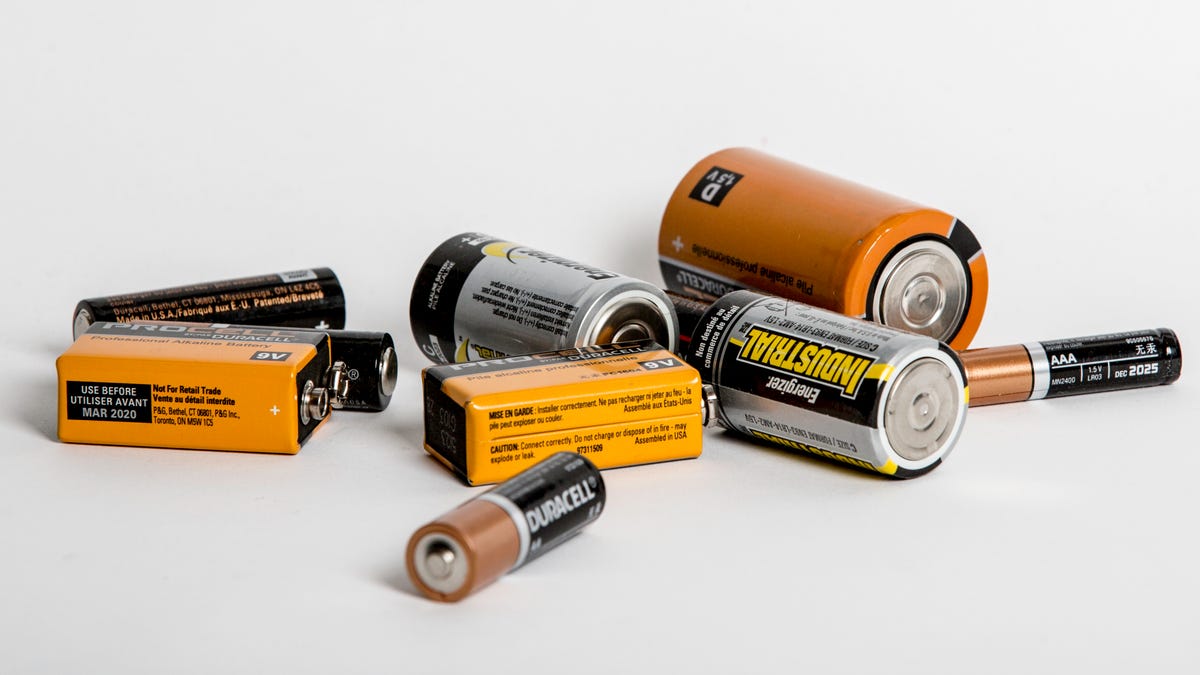The US is funding 100-hour batteries because water won't fix the grid
The US Department of Energy is putting up to $30 million into long-lasting battery research.

The goal is to develop batteries that can last up to 100 hours.
The US Department of Energy thinks that energy storage will play a big role in the power grids of tomorrow. That's why it's offering $30 million to fund energy storage systems that can hold and provide power for up to 100 hours, it announced Tuesday. No, you won't be able to use them in your laptop or phone -- we're talking way bigger batteries than that.
According to the DOE, today's grid primarily uses moving water -- yes, water -- instead of batteries. Pumped storage hydroelectric (PSH) power accounts for 95 percent of the US grid's stationary electricity storage capacity. PSH essentially stores energy by using electricity to pump water into a reservoir, and later emptying it out through turbines to get some energy back.
The torturously named Duration Addition to electricitY Storage (or DAYS) program is part of the DOE's larger Advanced Research Projects Agency-Energy (ARPA-E) group. The goal of DAYS is to build technology for long-duration energy storage. That is, batteries that last for days and not just hours.
"Whereas most new energy storage systems today deliver power over limited durations," the DOE states, "the extended discharge times of DAYS projects will enable a new set of applications including long-lasting backup power and even greater integration of domestic, renewable energy resources."

